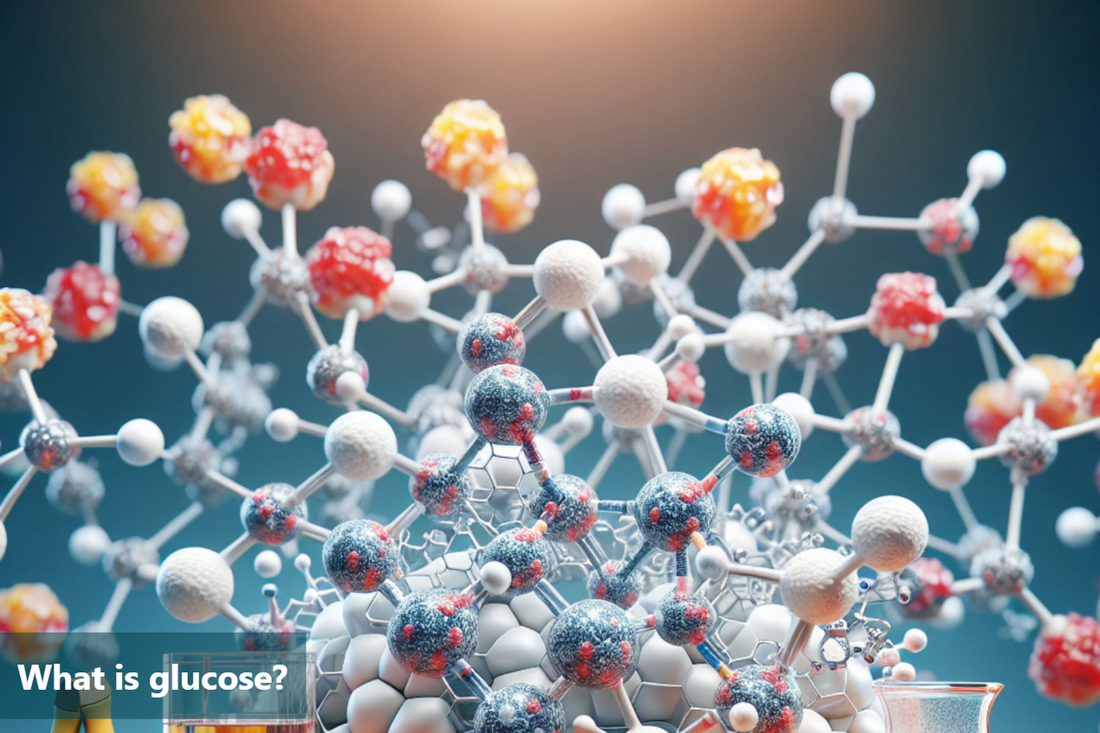Glucose is a vital source of energy for our bodies. It is a type of sugar that serves as the primary fuel for our cells, providing the energy necessary for various essential functions. Often referred to as blood sugar, glucose is crucial for maintaining overall health and well-being.
In simple terms, glucose is a carbohydrate that our bodies break down from the foods we consume, such as fruits, vegetables, grains, and dairy products. Once digested, glucose enters the bloodstream and is transported to cells to be used as energy. This process is facilitated by the hormone insulin, which helps regulate blood sugar levels.
Understanding the importance of glucose in the body is key to comprehending its significance. From supporting brain function to fueling muscle activity, glucose plays a crucial role in maintaining our bodily functions. Without an adequate supply of glucose, our bodies would struggle to perform optimally.
Sources of Glucose
Carbohydrates from fruits, vegetables, grains, and legumes
Processed foods like sugary snacks, sweetened beverages, and baked goods containing added glucose
Glucose is a crucial energy source for the body, primarily obtained from carbohydrates in natural foods and processed items. Consuming a balanced mix of these sources can help maintain steady energy levels and overall health.
Glucose vs. Sugar
Molecular Structure: Glucose is a monosaccharide, consisting of a single sugar unit. In contrast, sugar (sucrose) is a compound sugar made up of glucose and fructose molecules bonded together.
Sweetness Level: Glucose is less sweet compared to table sugar because of the presence of fructose in sugar. The fructose enhances the sweetness of table sugar.
Source and Absorption: Glucose is rapidly absorbed into the bloodstream, serving as a quick energy source. On the other hand, table sugar undergoes a more complex digestion process.
Food Sources: Glucose is naturally present in fruits, vegetables, and honey. In contrast, table sugar is commonly added to various processed foods and beverages.
How the Body Processes Glucose
Glucose is a type of sugar that serves as the primary source of energy for the body's cells.
When you consume carbohydrates, your digestive system breaks them down into glucose molecules.
These glucose molecules are then absorbed into the bloodstream, causing a spike in blood sugar levels.
In response, the pancreas releases insulin, a hormone that helps cells take in glucose from the blood to use as energy or store for later use.
This process helps regulate blood sugar levels and ensures that the body has a steady supply of energy.
If there is an excess of glucose in the blood, the liver can store it as glycogen for later use.
In cases of prolonged excess glucose intake, the body may convert the excess glucose into fat for long-term storage.
-
The body's ability to process glucose efficiently is essential for maintaining proper energy levels and overall health.
Understanding this process allows individuals to make informed choices about their diet and lifestyle to support their body's energy needs.
Deciphering Glucose
Glucose is a vital source of energy, often referred to as the body's primary fuel. It is derived from various sources, both natural and processed. Understanding that glucose is not the same as table sugar is crucial. While glucose is a simple sugar that our bodies readily use, table sugar, or sucrose, is a combination of glucose and fructose.
One key takeaway is that glucose plays a fundamental role in providing energy for our bodily functions, from cell metabolism to physical activities. Without glucose, our bodies would struggle to perform optimally. Knowing the difference between glucose and other sugars empowers us to make informed dietary choices and maintain a balanced intake of sugars.
Grasping the significance of glucose sheds light on the importance of maintaining a healthy balance in our sugar consumption. Being aware of where glucose comes from and its distinct properties helps us appreciate its role in sustaining our overall well-being. The journey through understanding glucose has been enlightening, showcasing its undeniable importance in fueling our bodies efficiently.
FAQs
-
What is glucose?
Glucose is a simple sugar that serves as the primary source of energy for our body's cells.
-
How is glucose produced in the body?
Glucose is mainly produced during the digestion of carbohydrates in our diet. It is also synthesized in the liver.
-
Why is glucose important for our body?
Glucose is essential for providing energy to the brain, muscles, and other tissues to support various bodily functions.
-
What happens if glucose levels are too high or too low?
High glucose levels can lead to diabetes, while low levels can cause symptoms like weakness, confusion, and even loss of consciousness.
-
Are there natural sources of glucose?
Yes, natural sources of glucose include fruits, vegetables, dairy products, and certain grains in our diet.
This Blog post is an initiative by DiabeSmart, to provide accurate and Nutritionist / Doctor approved information related to Diabetes. DiabeSmart is India's first Food brand designed specifically for Diabetics, that has been clinically tested on Diabetics and Pre-Diabetics to deliver 55% - 70% lower Sugar spikes. DiabeSmart is part of Lo! Foods - India's leading brand for Everyday Functional Health foods.











